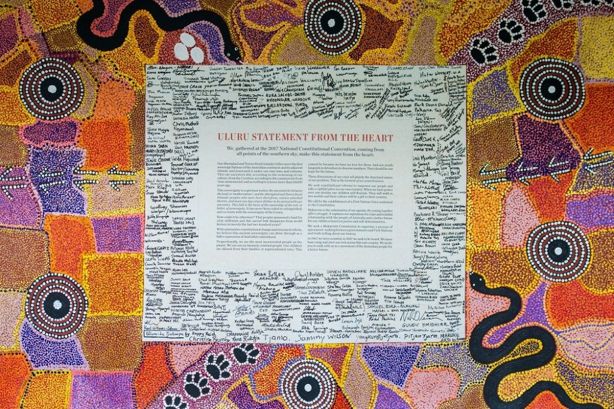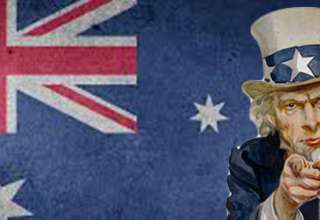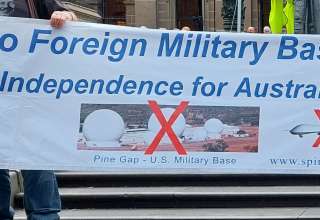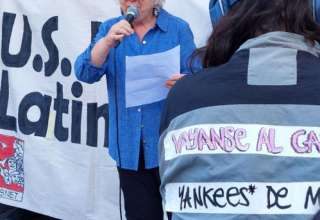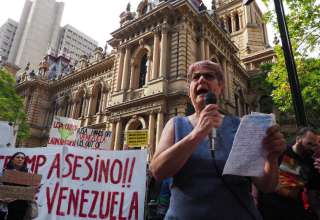by Neil Hooley
Sovereignty is the central question for recognition, expression, treaty and republic. It cannot be ignored as current discussions unfortunately have. However it may not be possible for any country to be entirely sovereign in the modern world, given the dominance and interrelationships of economic systems and the implications of decisions made in one country on many others. This is particularly so in the neoliberal world, with market forces having priority at all levels. What type of political program therefore could be proposed to move in a sovereign direction.
As a general concept, sovereignty represents the highest form of authority within a defined jurisdiction, allowing a governing organisation to exercise control, make decisions and be recognised as an independent and autonomous entity. It involves popular sovereignty where authority rests with the population as a whole and can be distributed between individual and state sovereignty. In this latter case, the idea of a ‘social contract’ as discussed by John Locke, is involved.
John Locke (1632-1704) was a British philosopher and physician concerned with the role of monarch and parliament and the rights of citizens (as being worked through in England and Europe by wars and revolutions). According to Locke, citizens possess a number of sovereign rights including natural rights that are independent of government and exist as a result of being human, equality that is non-arbitrary treatment before the law, consent by the people in the workings of government, limited government and the rights to private property. When the social contract breaks down, the citizens have the right to resist and to overthrow governments, if necessary.
For its part, Uluru Statement from the Heart, claims that Aboriginal and Torres Strait Islander tribes were the first sovereign nations of Australia and that, ‘This sovereignty is a spiritual notion: the ancestral tie between the land and the Aboriginal and Torres Strait islander peoples who were born there from ….. It has never been ceded or extinguished and coexists with the sovereignty of the Crown. How could it be otherwise?’ With this understanding, Indigenous sovereignty concerns the relationship that Indigenous peoples have with the land, which is the specific areas of land from whence they came and have always been. The notion of ‘spiritual sovereignty’ is a philosophical concept that can be accepted for coexistence with the dominant society.
As a citizen of Australia, I do not consider myself as having the sovereign rights outlined by Locke. I certainly do not have the finances to be treated equally by the law, governments have no interest in my views, whether politicians can in fact accurately represent the views of constituents is doubtful and my rights to private property are severely limited by the distribution of wealth and power across particular groups. My natural right to life and liberty do not exist through the conduct of wars of aggression and of conscription. I am free to receive alms and sleep under bridges. For these reasons, the problem of finding ways of moving in sovereign directions assume critical significance.
I call upon all Australians to delve deeply into the philosophical, cultural and political meanings and implications of sovereignty for the dignity and respect of all citizens, within the opportunity that currently exist. For an independent and sovereign Australia.

